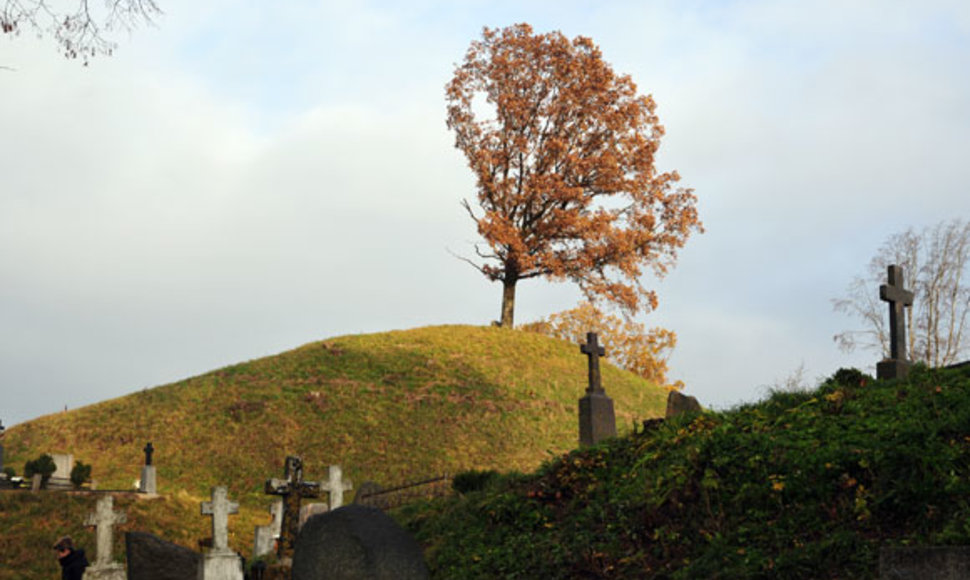"The remains will be flown back from across the Atlantic, welcomed at the Vilnius International Airport, escorted to the Christ Resurrection Church and placed in a columbarium," Kupčinskas, leader of an ad hoc task force, told BNS.
"He was the head of a provisional government. Every head-of-state must be honored by the state. The provisional government worked to make Lithuania independent again. There may be controversial historical opinions, but the aims were high," the mayor said.
Ambrazevičius-Brazaitis died and was buried in the United States in 1974. He was one of the leaders of the Anti-Soviet resistance movement. He headed Lithuania's provisional government in June-August, 1941. He was later an active participant of peaceful anti-Nazi resistance movement.
Avoiding arrest during the war years, Ambrazevičius changed his last name to Brazaitis and moved to Germany ahead of the second Soviet occupation in 1944, and subsequently moved to the United States where he participated in various political organizations.
The remains will be met with a solemn ceremony in Vilnius on 17 May and then transported to the Christ Resurrection Church.
The Kaunas-based Vytautas Magnus University will hold a conference on Brazaitis' activities.
During the first Soviet occupation in 1940-1941, around 23,000 Lithuanian residents were jailed, killed or deported, and the Soviet terror reached the peak just before the war with Nazi Germany. During the following three years of Nazi occupation, more than 90 percent of Lithuania's pre-war Jewish community of about 200,000 perished.
After the Soviets returned in 1944, the following decade saw 186,000 people detained and jailed, 118,000 deported and over 20,000 anti-Soviet guerrilla and their supporters killed.
2012 05 02
Lithuania to rebury head of provisional 1941 government
Remains of prime minister of Lithuania's 1941 provisional government, Juozas Ambrazevičius-Brazaitis, will be braught from the US and reburied in the churchyard of Christ Resurrection Church in Kaunas, City Mayor Andrius Kupčinskas has confirmed on Wednesday.
Report mistake
Successfully sent
Thank you












